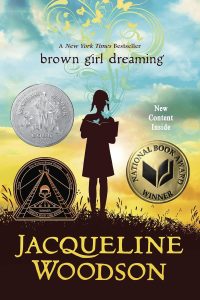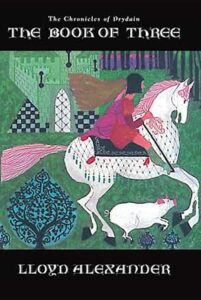 Summary: An English lit grad school dropout is working as a researcher investigating the death of his former advisor.
Summary: An English lit grad school dropout is working as a researcher investigating the death of his former advisor.
Death Comes for the Deconstructionist was recommended by someone that I do not remember, but a fair chance it was John Wilson. Wilson review is in the Amazon description:
”One part academic satire, one part mystery, and one part theological investigation, this pleasingly disorienting novel packs a wicked punch. Like life itself, Daniel Taylor gives us a story in which all sorts of incongruous elements are jumbled together. (Reality is not fastidious.) But is there–could there be–a pattern nonetheless, a great design amid all the confusion?”
And really that is a great short description. It is academic satire making fun of literary theory, while actually understanding it. There is a real mystery at the root of the story. While the protagonist grew up a Christian and has theological reflections throughout the book, this is not a Father Brown mystery. It feels a little like Mark Berstrand’s Roland March Mystery series. Roland March was a real detective and there was not any academic satire, but both have an approach to Christian fiction that eshews most of the standard Christian fiction tropes.
But I suspect like Berstrand, this probably has not found a wide audience. It is well written, I understand why it has had so many good reviews, including winning Fiction book of the year in Christianity Today’s 2016 Book Awards. But it is niche. Christian fiction does not have a lot of room for either academic satire or mystery fiction.



 Summary: Tragic, often hard to read, but important reminders that the problem of evil is not easily solved.
Summary: Tragic, often hard to read, but important reminders that the problem of evil is not easily solved. Summary: An introduction to the concepts, critique and future of Critical Race Theory.
Summary: An introduction to the concepts, critique and future of Critical Race Theory. Summary: A Church that is asleep to injustice and racism is blind to the heart of God.
Summary: A Church that is asleep to injustice and racism is blind to the heart of God. 
 Summary: Classic children’s fantasy. I think probably the best children’s epic fantasy series.
Summary: Classic children’s fantasy. I think probably the best children’s epic fantasy series. Takeaway: Lots of classic Lewis here.
Takeaway: Lots of classic Lewis here.